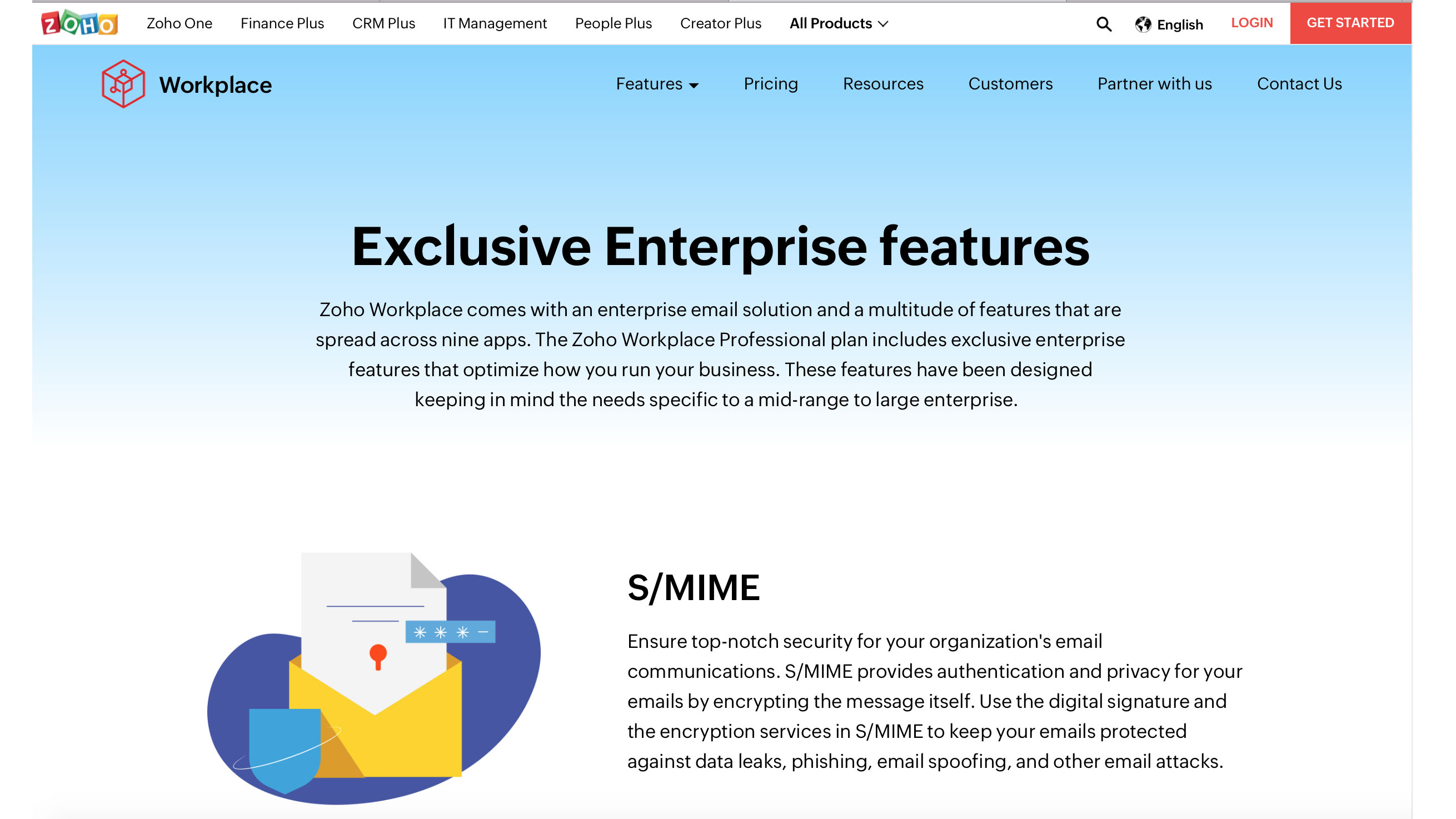

- #VMWARE FUSION 7 MEMORY BALOON LEAK HOW TO#
- #VMWARE FUSION 7 MEMORY BALOON LEAK DRIVERS#
- #VMWARE FUSION 7 MEMORY BALOON LEAK DRIVER#
A virtual machine's memory size should be slightly larger than the average guest memory usage. For best performance, the host machine memory should be at least slightly larger than the combined active memory of the virtual machines on the host. To disable this behavior, the hypervisor administrator must disable the Enable Dynamic Memory option in the Hyper-V settings of the VM (or increase the minimum reservation value). Host machine memory is the hardware backing for guest virtual memory and guest physical memory.
#VMWARE FUSION 7 MEMORY BALOON LEAK DRIVER#
This is the memory that the hypervisor has occupied and distributed between other virtual machines using the balloon driver in the guest OS. Host physical memory1 refers to the memory that is visible to the hypervisor as available on the system. After that on the Use Counts tab you can see that most of the memory (5.4 GB) is used by the Driver Locked object. macOS Catalina 10.15.6 seems to have introduced a bug that causes system crashes, especially when using virtualization software such as. eSX Memory Management Overview 2.1 Terminology The following terminology is used throughout this paper.

Download the tool from Microsoft website () and run it with the administrator privileges.
#VMWARE FUSION 7 MEMORY BALOON LEAK HOW TO#
To understand what is going on with the memory, you need to use RamMap tool by Mark Russinovich (in one of the earlier cases, I have shown how to use this tool to diagnose an issue with the high memory usage by metafile on Windows Server).
#VMWARE FUSION 7 MEMORY BALOON LEAK DRIVERS#
Where are the rest 5 GB? Neither the Task Manager, nor the Resource Monitor are able to answer this question. In VMware ESXi (6.7 before ESXi670-201908101-SG, 6.5 before ESXi650-202007101-SG), Workstation (15.x before 15.1.0), Fusion (11.x before 11.1.0), the VMCI host drivers used by VMware hypervisors contain a memory leak vulnerability. However, if you sum up the amount of memory used by all running processes, you can come up with an unexpected conclusion that only 2.5 GB of memory is actually used. The Task Manager shows that 93% of memory is used (7.4 GB of memory is occupied).

8 GB of memory is allocated to a VM running guest Windows Server 2012 R2.


 0 kommentar(er)
0 kommentar(er)
